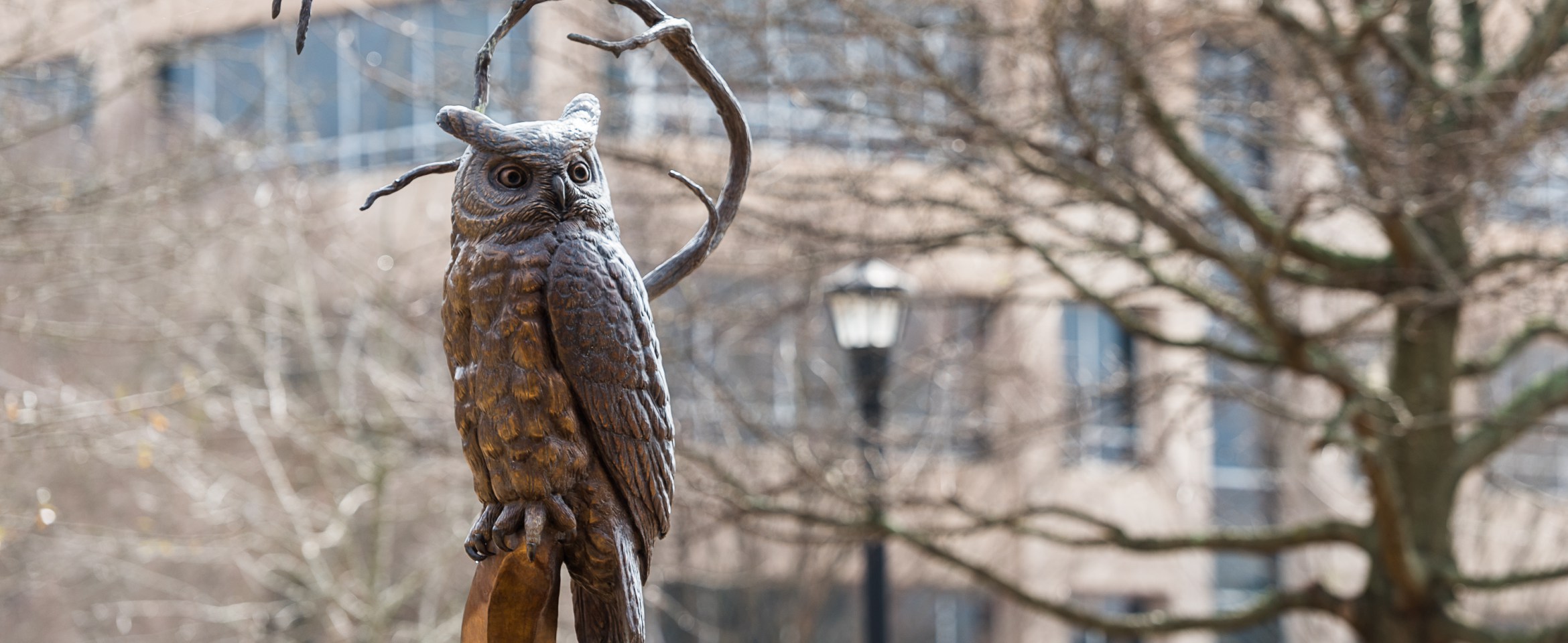Kennesaw State’s chapter of Young Americans for Freedom made an agreement on Wednesday, Oct. 24, settling a lawsuit the group filed against university officials earlier this year.
YAF originally filed the lawsuit in March, stating that the university was taking part in “viewpoint discrimination” after charging the group an extra security fee for a guest speaker they invited to an event they were hosting on the Kennesaw campus.
The group also said in the original complaint that the university’s student organization ranking system allows the university to subjectively rank groups on campus. Student groups are assigned to one of four different classifications, which limits them to what space they can use on campus and what funding they have access to.
Alliance Defending Freedom, a Christian non-profit organization that filed the complaint on behalf of the student group, announced on their website that the university has agreed to make policy changes to settle the lawsuit.
According to ADF, KSU has agreed to revise the “complicated” student organization ranking system that is currently in place at the university. ADF announced that the settlement “changes policies that gave university officials complete discretion to impose ‘security fees’ in any amount they decided on any event they deemed ‘controversial.'”
The website states that the policy that will be put in place clearly outlines when the university can charge certain fees.
According to ADF, the settlement will also change policies regarding the student organization ranking system at KSU. The four classifications for student organizations within the system are, from lowest to highest tier, “recognized,” “affiliated,” “sponsored” and “chartered.” According to the Marietta Daily Journal, ADF said that there are no faith-based or overtly political groups higher than the “affiliated” tier — YAF is classified in the “recognized” tier.
“Kennesaw State’s byzantine speech policies allowed officials to place student organizations into an arbitrary caste system of superiors and inferiors, and to assess security fees that numerous courts in other cases have routinely declared unconstitutional,” ADF Senior Counsel Travis Barham said. “It made no sense for the university to keep those policies, and we are pleased that students will no longer be subject to them.”
University officials have not responded to requests for comment, and there has been no public announcement made by KSU of any new policy changes.
The university settled another lawsuit with Ratio Christi, a Christian student group at KSU, on Oct. 17, after KSU started implementing a new Freedom of Expression policy that allows students to use designated areas to express their ideas and viewpoints on campus.
The update to the policy went into effect on Friday, Oct. 5 — 12 days before the group agreed to settle.
“Not only is it important that YAF and all students at KSU be able to exercise their constitutionally protected freedoms, but it’s also vital for the university to live by example in demonstrating the importance of those freedoms instead of communicating to an entire generation that the Constitution doesn’t matter,” ADF Senior Counsel Tyson Langhofer said.
Zachary Bohannon, the president of both YAF at KSU and Ratio Christi, did not respond to requests for comment.




